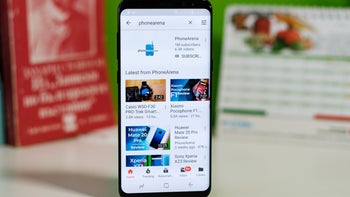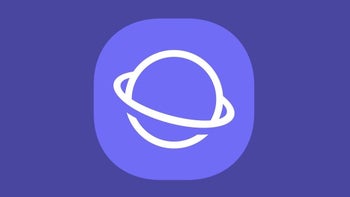Change in YouTube's terms allow it to collect additional revenues from your hard work

How much is enough? That is the question that many in Congress are asking tech firms like Apple, Google, Facebook, and Amazon. For example, so far this year Google collected $12.88 billion in revenue from YouTube ads for a 23.5% year-over-year gain.. According to YouTube's updated U.S. Terms of Service, a simple change to those terms could result in more money flooding into Google's coffers.
With the change, those YouTube videos that you make yourself and upload to the app can be monetized by Google. So even if you do not belong to the YouTube Partner Program, Google can place ads around your video as long as the content is safe for general audiences to view. Unfortunately, you will not receive any share of the ad revenue that Google collects from your hard work.
A new section added to the Terms of Service says, "You grant to YouTube the right to monetize your Content on the Service (and such monetization may include displaying ads on or within Content or charging users a fee for access). This Agreement does not entitle you to any payments. Starting November 18, 2020, any payments you may be entitled to receive from YouTube under any other agreement between you and YouTube (including for example payments under the YouTube Partner Program, Channel memberships or Super Chat) will be treated as royalties. If required by law, Google will withhold taxes from such payments." Other countries will get the ToS revision in the middle of next year.
What hasn't changed one iota is the eligibility requirements to be a member of the YouTube Partner Program; to join you need to have no less than 1,000 subscribers to your channel and have tallied more than 4,000 watch hours in the previous 12 months. Also required is a linked AdSense account.


You can learn more about making money on YouTube and for YouTube by checking out the video directly above.










Things that are NOT allowed: